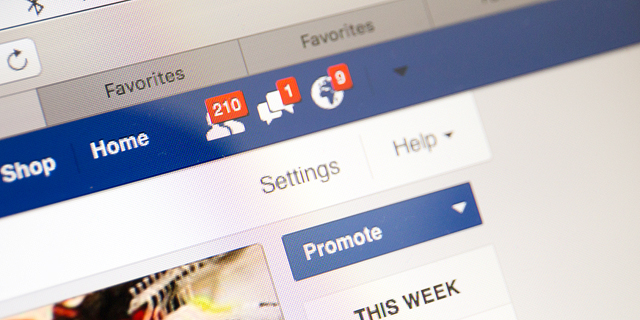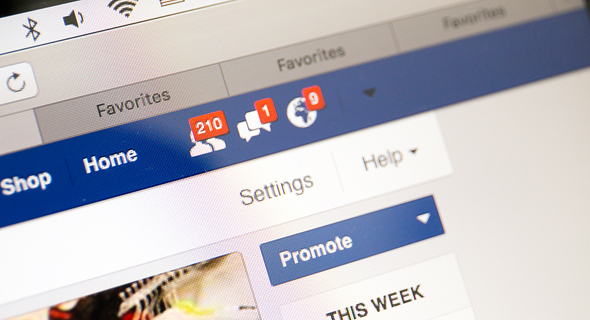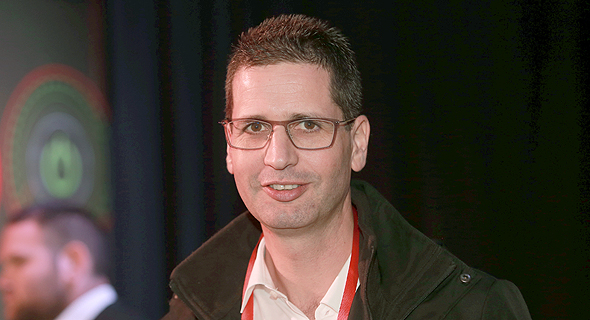
Israeli advertisers are not quick to jump on the Facebook boycotting wagon
While corporations around the world are joining the call to halt their marketing campaigns on Facebook in protest of the social media giant’s controversial hate speech policies, Israel’s largest advertisers remain, for the most part, on the fence
Over the past few days, several global giants, including Ben & Jerry's, its parent company Unilever, Ford Motor Co., and Verizon Communications Inc. have joined in, announcing a halt in Facebook ad budgets.
On Friday, The Coca-Cola Company announced, in a statement from CEO James Quincey, that it will be pausing all of its social media marketing campaigns for one month to reassess its corporate advertising policy. The Central Bottling Company Ltd., which manufactures and distributes Coca-Cola products in Israel, was quick to follow, announcing it will also not be placing ads on Facebook.
PepsiCo Inc. also announced it was halting its Facebook ad spending on Monday yet its Israeli subsidiary, at-home water carbonation products company SodaStream International Ltd., expected to follow in its parent’s footsteps, has yet to make a statement. SodaStream declined Calcalist's request for comment.
International corporations have multiple local representatives around the world and these are normally obliged by the global headquarters’ decisions.
It appears, however, that Israel’s largest advertisers, even those whose parent companies joined the movement, are still on the fence concerning the global advertising trend.
The call to freeze marketing budgets was born from a broader boycott of Facebook and subsidiary Instagram organized by the Anti-Defamation League, the NAACP (The National Association for the Advancement of Colored People), and other nonprofits under the title “Stop Hate For Profit.”
Recurring requests for comment from Israel’s largest supermarket chain Shufersal Ltd. and IKEA Israel (incorporated as Northern Birch Ltd.) yielded the same laconic reply: “the company did not comment.” The country’s largest food manufacturer Tnuva declined to comment.
Food and beverage manufacturer Strauss Group stated: “We have approached Facebook Israel to learn more about its actions to monitor and remove posts promoting hate, racism, terrorism, and any type of harassment. Once we receive the information we will examine our next steps.”
Some Israeli companies that are subsidiaries or local franchise holders for international companies that have joined the ad ban have aligned themselves with the corporate’s policy. “Coca-Cola Israel is working in accordance with the company’s international guidelines,” The Central Bottling Company said in a statement to Calcalist. Procter & Gamble Co.’s Israeli representation similarly stated it is committed to the company’s global policy, which has yet to take a stance in the matter. “Any changes in policy will apply to Israel as well,” the company told Calcalist.
Unilever Israel Foods Ltd., however, has yet to announce it was joining the boycott and stated that “at this point, the policy is only applicable to the U.S.” Food manufacturer and distributor Osem Investments Ltd., a wholly-owned subsidiary of Nestlé SA, which has also taken no step to date, stated “a decision has yet to be made.”
At the same time, Israel’s leading media and advertising agencies are actively advising their clients to avoid taking part in the protest unless instructed otherwise by global headquarters.
Data from online marketing firm Universal McCann Digital Ltd. (UM Digital), which was reviewed by Calcalist, shows that the price of Facebook ads rose in June, indicating a correlation between slowly returning to normal and the cost of social media advertising. According to the data, when the number of coronavirus (Covid-19) patients in serious and critical conditions rose, the price of ads went down but it was climbing back to its pre-Covid-19 rate, until the calls for boycott intensified last week.
Ophir Cohen, CEO of UM Digital wrote to the firm’s clients saying the current battle is a struggle between the “large and the larger companies.”
Advertisers, Cohen wrote, are ambivalent towards the accurate and efficient advertising tools that come with an unprecedented dependency on just a handful of powerful social media outlets, giving advertisers very limited influence compared to what they were used to. “Everyone is trying to flex their muscles and hitch a ride on the current social-political events to create a new power balance,” he added.
Cohen suggested advertisers “take a deep breath and wait,” unless instructed by global headquarters to change their strategies.

